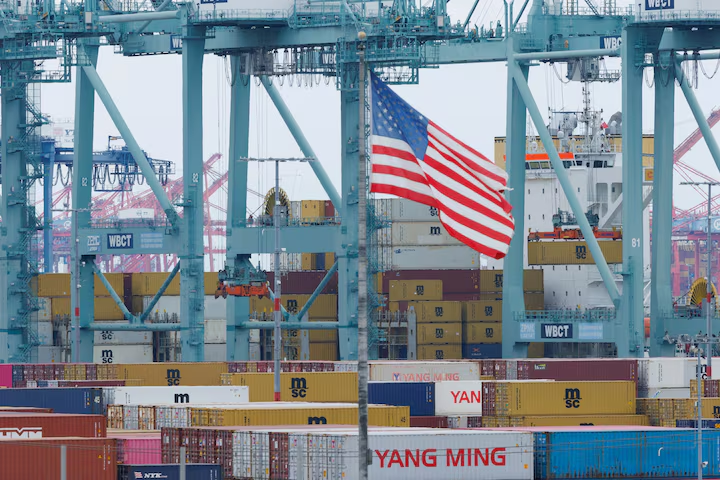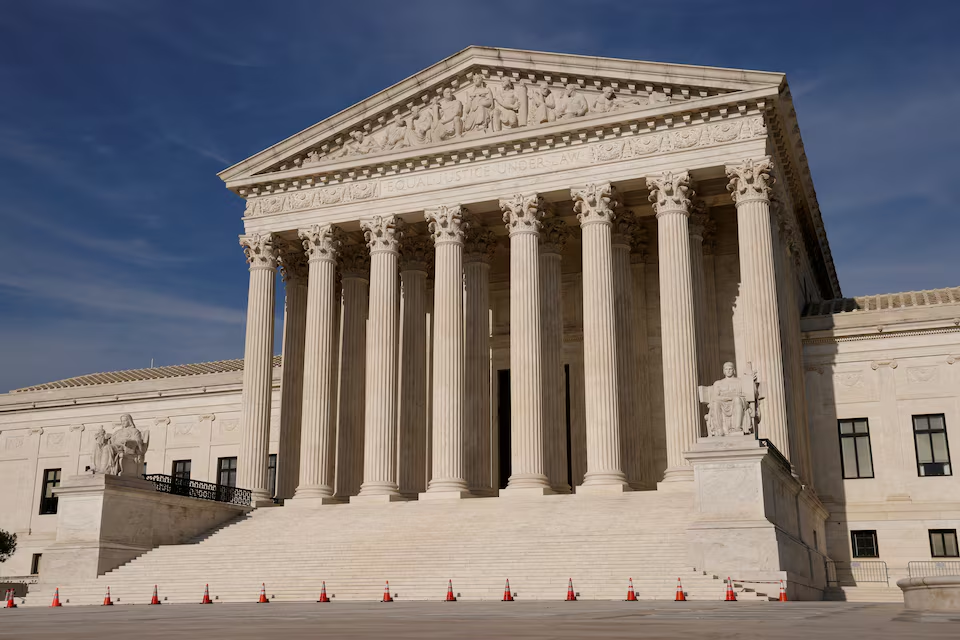In recent years, a controversial discussion has emerged around the concept of justice within consumer-corporate relations, specifically regarding the use of forced arbitration agreements. As a legal tool, arbitration was initially introduced to help streamline disputes, offering an alternative to the often prolonged and costly court proceedings. However, this mechanism has drawn scrutiny due to its prevalent inclusion in contracts as a mandatory clause that consumers must accept to obtain goods or services. This practice effectively removes the consumer’s right to sue in the public court system, raising questions about the equitable treatment of individuals in the face of corporate power.
The implementation of forced arbitration clauses has allowed corporations to settle disputes privately, away from public scrutiny and with arbitrators who may be more business-friendly. Critics argue that this trend has tilted the scales of justice, prioritizing the interests of corporations over the rights of consumers. Consequently, individuals may find themselves without a fair forum to resolve legitimate grievances, potentially facing arbitrators with a predisposition toward the corporations that choose and compensate them.
As such disputes are often conducted in private, there is concern over a lack of transparency and potential systemic bias. Moreover, the collective strength consumers can wield through class-action lawsuits is frequently negated by arbitration clauses, leaving individuals to face corporate legal teams alone. It is this imbalance that stirs debate and raises the critical question of whether the selling of justice has jeopardized the fairness at the heart of consumer protection.
The Rise of Forced Arbitration in Consumer Contracts
Understanding Forced Arbitration Clauses
Forced arbitration clauses are provisions in contracts that require parties to resolve disputes through arbitration rather than through the court system. Typically, one party, usually a corporation, imposes these clauses on the other, often without the latter fully understanding the implications. The clauses are binding, making it virtually impossible for consumers to take the company to court over disputes, including class action lawsuits.
Key Components of Forced Arbitration Clauses:
- Mandatory Participation: Consumers must agree as a condition of purchasing a product or service.
- Limited Recourse: Options for appeal are minimal.
- Confidential Proceedings: Outcomes are not part of the public record, unlike court cases.
Impacts on Consumers:
- Consumers may be unaware they have agreed to these clauses.
- Legal relief through courts is precluded.
- Consumers often face arbitrators selected by the companies.
Prevalence in Service Agreements and Product Terms
Companies across a wide range of industries, from credit cards to financial services, now routinely embed forced arbitration clauses into their terms of use. These clauses have become a standard part of many user agreements, service contracts, and terms associated with products.
Industry Examples:
- Credit Cards: Cardholder agreements often include clauses that mandate arbitration for dispute resolution.
- Financial Services: Bank accounts, loans, and other financial agreements contain these clauses to circumvent conventional litigation.
- General Services and Products: From technology firms to retailers, forced arbitration clauses are a common feature in service and product agreements.
The prevalence of these clauses means that consumers, often without knowing it, agree to arbitrate disputes, limiting their ability to challenge unfair practices in court. The average user may sign multiple agreements containing such clauses, as they are becoming an industry standard.
Impact on Consumer Rights and Legal Recourse
Forced arbitration clauses often embedded in the fine print of consumer agreements have a profound effect on the legal remedies available to consumers. They restrict the ability to file lawsuits and limit the role of the judicial system in resolving disputes.
Limitations on Class Actions and Lawsuits
Class actions are significantly impaired by forced arbitration, with consumers frequently constrained from joining together to challenge corporate misconduct. Mandatory arbitration clauses typically contain provisions that bar consumers from consolidating claims. Under the Federal Arbitration Act, these clauses are generally enforced, leaving individuals to face well-resourced corporations in isolation.
- Impact: Individual consumers are often dissuaded from pursuing justice due to the disproportionate legal expenses versus potential recovery.
The Role of Arbitrators Versus Judges
The shift from judges to arbitrators fundamentally changes the dynamics of dispute resolution. Arbitrators are usually selected by the very corporations involved in the dispute, raising concerns about impartiality.
- Comparison:
- Judges are public officials bound by rules of procedure and ethics, ensuring constitutional rights are upheld.
- Arbitrators are private individuals whose decisions are not required to align with established law.
Appeal Process and Legal Protections
The opportunities for appeal in arbitration are extremely limited compared to the traditional court system. Consumers often lose vital legal protections available in public courts, such as the right to an appeal or to a reasoned written judgment.
- Key Points:
- In arbitration, the appeal process is narrow—mostly limited to cases of corruption or misconduct.
- While courts operate under a myriad of legal precedents, arbitrators are not bound by these and have leeway in decision-making, reducing predictability.
Corporate Benefits and Consumer Drawbacks
This section explores how corporations like Wells Fargo and Amazon gain from forced arbitration clauses while consumers face disadvantages, often lacking the same resources and legal recourse.
Case Studies: Wells Fargo and Amazon
- Wells Fargo Wells Fargo’s use of forced arbitration clauses came to light following the discovery that employees created millions of fake accounts to meet aggressive sales goals. Consumers affected by this fraud were barred from suing the bank in court. Instead, they were forced into arbitration, where Wells Fargo had the advantage of choosing the arbitrator and setting the rules. The National Consumer Law Center and consumer advocacy groups like Public Justice have criticized these practices for depriving consumers of their right to a fair trial and for the lack of transparency in the arbitration process.
- Amazon Amazon has used arbitration clauses to manage disputes with consumers, including issues related to defective products, fraud, and breach of contract. While it allows Amazon to avoid costly lawsuits and negative publicity by handling disputes quietly and efficiently, consumers often bear the fees associated with arbitration, and they lack the collective power that a class-action lawsuit can provide. This imbalance makes it challenging for individual consumers to hold Amazon accountable, especially given the resources and legal teams the corporation has at its disposal.
Consumer Advocacy and Opposition
- Advocacy Groups Groups such as the American Association for Justice and Public Justice relentlessly work to oppose forced arbitration. They argue that it places consumers at a significant disadvantage, with hidden fees, biased arbitration proceedings, and no right to appeal.
- Consumer Lawyers Lawyers who represent consumers often find themselves handicapped by arbitration clauses. These limit their ability to consolidate cases into class-action lawsuits, where they can spread the costs over a larger group and create a stronger case against corporate misconduct.
In summary, the forced arbitration clauses widely embedded in corporate consumer contracts benefit the corporations by reducing legal costs and controlling the dispute resolution process, but they present significant drawbacks for consumers, including lack of transparency, prohibitive costs, and diminished legal power.








